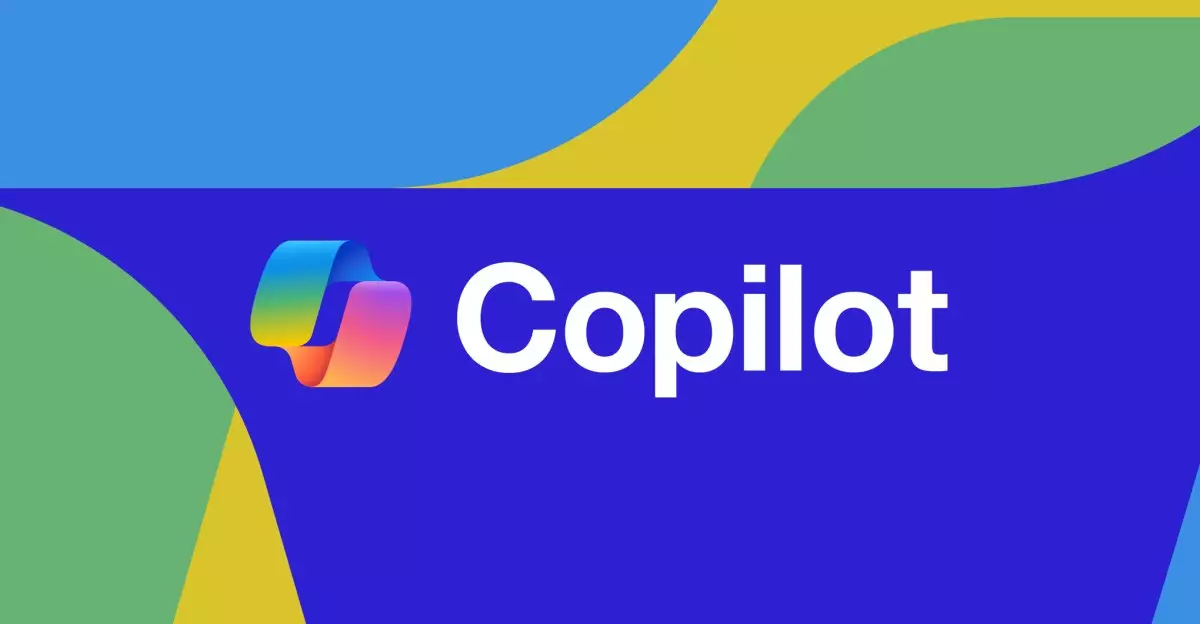In an era where technology seamlessly integrates into our daily lives, personalized AI solutions have emerged as essential tools to enhance productivity and creativity. Microsoft’s latest endeavor, Copilot, is a testament to this evolution. As the tech giant celebrates its 50th anniversary, it is rolling out a series of updates that align Copilot with its competitors and set a new standard for AI assistants. Gone are the days when AI merely offered scripted responses; today, it’s about creating a bespoke experience that resonates with individual users.
Microsoft is reshaping the interactive fabric of AI through Copilot’s enhanced capabilities, which include memory, personalization, web actions, and deep research functions. These innovations promise not only to streamline workflows but also to cultivate a more engaging user experience. Central to this transformation is the feature that allows Copilot to remember user preferences, a move that can significantly enhance the relevance of its responses. The prospect of a “memory” function is groundbreaking; it can mean the difference between a generic interaction and one that feels tailored to the user’s unique style and needs.
Memory and Personalization: The Heart of Copilot
The introduction of memory to Copilot represents a fundamental shift in how AI can serve its users. Imagine an assistant that remembers your birthday, favorite hobbies, and work preferences. This capability could not only facilitate a more natural exchange but also lead to proactive suggestions that truly reflect a user’s lifestyle. Microsoft’s commitment to allowing users control over what information is retained is commendable, potentially alleviating privacy concerns that often accompany such personalization.
However, one must ponder the implications of such advancements. Will users genuinely embrace an AI that remembers them, or will it be perceived as intrusive? Microsoft has acknowledged that it is still “early in this thinking.” As they navigate this delicate space, the onus is on them to build trust while refining Copilot’s memory features, ensuring that the balance between convenience and privacy is upheld.
Functionality: A Power House of AI Actions
Beyond personalized interactions, Copilot is positioning itself as a powerhouse of functionality. The new Actions feature heralds a significant upgrade, enabling the AI to execute web-based tasks akin to its rivals like ChatGPT and Amazon Nova Act. This leap into a more tangible utility—such as booking tickets, making reservations, or even online shopping—promises to redefine user expectations from an AI assistant.
Imagine asking Copilot to book a table at your favorite restaurant or find the best deals for a product you are interested in—only to have it execute these tasks seamlessly. This capability signifies a move away from the purely conversational role of AI, placing it squarely in the functional realm where it can directly contribute to a user’s daily tasks. Yet, this shift raises questions about the evolving role of AI: could we face a future where traditional human tasks are supplanted by AI decision-making?
Integrating into Everyday Life
Microsoft’s ambition extends beyond mere convenience; it aims for integration into various facets of daily life. With features like Copilot Vision—an innovation that enables the assistant to analyze content visually from screens and smartphones—there’s potential for more contextually aware interactions. The ability of Copilot to interpret images and respond to visual stimuli broadens the horizon of possibilities for users, making it a versatile companion in both personal and professional contexts.
Moreover, the coupling of Copilot’s research abilities with its audio capabilities signals an innovative foray into content creation. The transition from text-based interactions to the generation of podcast-style audio content marks a significant creative leap. This isn’t just about obtaining information; it’s about transforming data into engaging narratives that can be consumed on-the-go. By organizing notes and research into a coherent canvas, Copilot could redefine how we approach learning and content synthesis.
The rollout of these new features underscores a pivotal moment for Microsoft. As they launch these updates, the engagement from users will be critical. Feedback and adoption will drive the evolution of Copilot, transforming not just how we interact with AI, but also our expectations of what an AI assistant can be. The distinct vision that Copilot carries—of being not just an AI but a uniquely personal assistant—sets a promising and ambitious tone for the future of technology and human interaction.


Leave a Reply